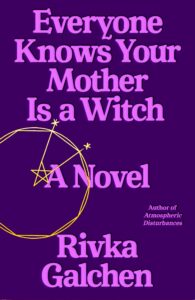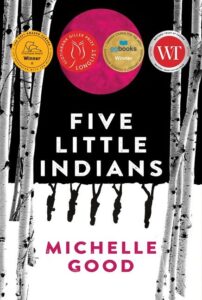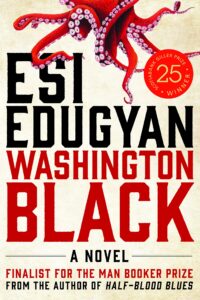The Humanities and Social Sciences Library would like to wish the McGill University Community a Happy 2021 Queer History Month. Every year in Canada, the month of October is observed as a time to reflect and learn about LGBTQ+ history and culture. This year’s Queer History Month theme is “Coming Together”.
For the 2021 Queer History Month, the Humanities and Social Sciences Library would like to showcase the diversity of Queer resources you have available to you for teaching, learning and research purposes both online (see online exhibit) and in physical format. Visit the Queer History Month Calendar to learn more about the various programming during the month of October.
Under the care the Liaison Librarian for LGBTQ+ Studies, the McGill Library has been able to acquire access to valuable digital archives such as to the Archives of Human Sexuality and Gender, Alexander Street Press’ LGBT Thought and Culture, and Adam Matthew’s Defining Gender. These primary source digital archives provide you with access to historical newspapers and newspaper clippings, personal journals, photographs, magazines and more!
Discover Queer McGill’s History
A small search for “Gay McGill”, present day Queer McGill, in the Archives of Human Sexuality and Gender reveals numerous digitized documents that help us relive Queer McGill’s history as one of the first and most influential LGBTQ+ organizations at McGill, in Québec, and in Canada. Learn about the 1974 Gay McGill Civil Rights Public Forum, an article published in The Gay Times. Rediscover the 1979, 1981 and 1988 Gai(e) Danse posters for the dances Queer McGill held on campus. Read what quite possibly might be the first mention of Queer McGill (formally Gay McGill) in the July-August edition of Body Politic (Toronto, Ontario). If you find any other interesting historical things about McGill and its Queer Community, let us know in the comments!
Scholarly Articles Databases
In addition to these primary source treasure troves, you will also find important databases for scholarly publications, like the Gender Watch and Gender Studies Database. These two databases provide access to journals that published scholarly articles on gender and sexuality studies.
Physical Redpath Display
Finally, we invite you to look at the physical display located in the main hallway of the Redpath Library Building. You’ll see a selection of novels, encyclopedia, and essays on various aspects of Queer Studies. Note that this is only a small fraction of the available print resources we have at the Humanities and Social Sciences Library. If there is a specific title on display that you would like to borrow, please contact hssl.library@mcgill.ca.
Living Queer Collection
Our libraries are for everyone and open to all. We like to extend this philosophy to our collection management practices. In this spirit, if you have purchase suggestions that you believe we should add to the McGill Library, please reach out to the Liaison Librarian for LGBTQ+. Our collection is constantly growing, and the best way to strengthen it is collaboratively.
Happy Queer History Month to all and feel free to reach out to Michael David MILLER, Liaison Librarian for LGBTQ+ Studies for any questions, comments or suggestions.
A special thank you to our staff who helped assemble the physical and virtual displays.
- Vanja Lugonjic, HSSL Outreach Assistant
- Kristen Goodall, Library Assistant




